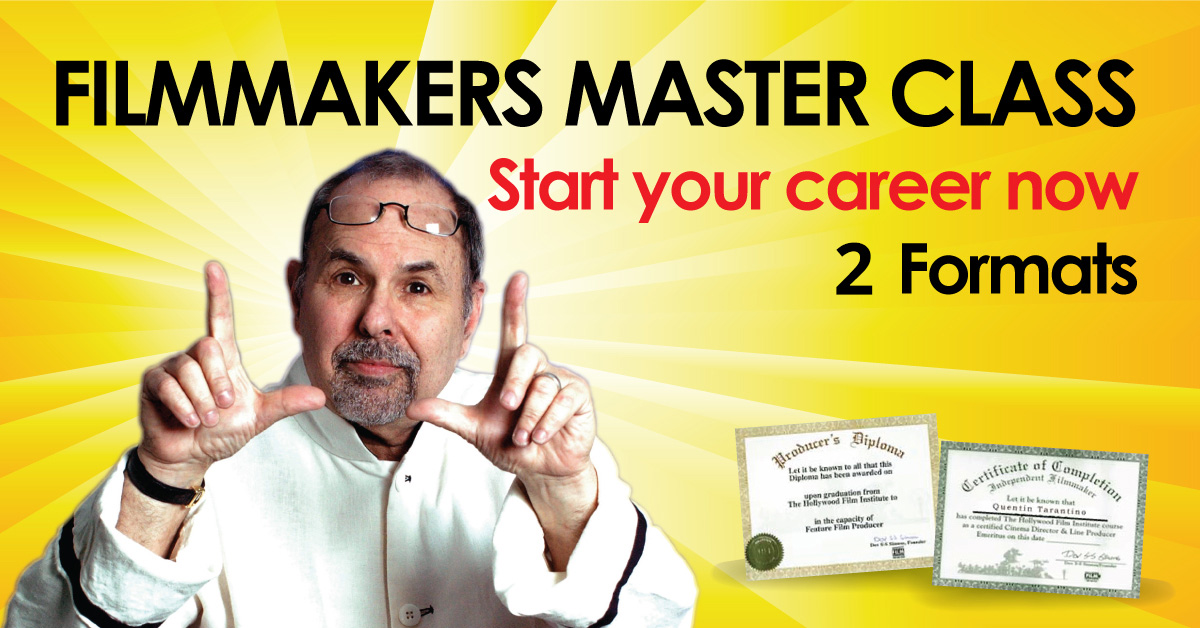NEXT: 8 BAD CHARACTER TRAITS:

(“Always remember, also, “Writers Write and Thinkers Think”… Thus… Move-Your-Fingers.”)
- Information exchange: characters tell each other things, or tell the audience, but the nature of the problem isn’t building and developing.
- Not a necessary step in the evolution of trying to solve central story problem: if the scene were cut, nobody would miss it, because its outcome doesn’t lead to and produce other scenes.
- Not driven by a conflict/problem that builds to a climax: there is either no evident relatable problem or difficult agenda being pursued, or it doesn’t build throughout the scene and get worse.
- “Good times”/success: audiences tend to get bored when characters are happy. Characters faced with a problem and actively trying to resolve it
tends to draw audiences in.
- Unclear main character motivations: if the audience doesn’t know what the main character wants, and why, they have nothing to hinge their emotional investment on, and will tend to disengage.
- Objective vs. subjective point-of-view: audiences don’t like to look down on, or at, a bunch of characters—they want to take on the perspective of someone they can connect with, and experience the story as them!
- Lack of strong driving emotion: good stories are all about an emotional experience, not an intellectual one. Characters need to feel, and feel strongly—which makes audiences feel, too…
- Not fun to watch! Television is part of the “entertainment business” and writers are paid to entertain—meaning, to deliver to audiences an emotional experience that they want to have (be that laughter, fascination, shock, connection, inspiration, romance, escapism, etc.
FINALLY: DOV’S SCREENWRITER’S FORMULA
Do these 10 baby steps (see below) and in 6-8 weeks you will have an excellent script, based on your original idea, that you own, with an excellent chance of it being Optioned or Purchased by a production company that has a development deal with a movie studio or a cable network.

(“Follow this 10-Step Screenwriter’s Outline and you will have an excellent Script within 2-Months.”)
STEP 1 (TITLE: 1-Hour): Type the Title in 1-3 words.
STEP 2 (THEME: 1-Hour): Type the Theme of the movie in 5-8 words.
STEP 3 (PITCH: 1-Hour): Type the Pitch or Logline, stating Good Guy, Bad Guy, Setting, Situation & Conflict in 15-25 words.
STEP 4 (TREATMENT: 1-Day): Type the Treatment in 3 pages stating Act I (Beginning, Page 1), Act II (Middle, Page 2) and Act III (End, Page 3)
STEP 4A (ACT I: 1-Hour): Within 3-4 lines clearly state the 5Ws & H (Who, What, Where, When, Why & How)
STEP 4B (ACT III: 1-Hour): Within 1-2 paragraphs describe the ending (Cut-To-The-Chase, Twist, Surprise, Culmination, Resolution, Epilogue)
STEP 4C (ACT II: 3-Hours): Outline 11 Scenes, the Structure of your story (5 Uh-Ohs, 5 Oh-Shots & 1 OMG).
STEP 5 (BEAT SHEET: 2-Days): Diagram your 40-50 Scenes (11-14 for ACT I), (8-10 for ACT III) and (25-30 for ACT II)
STEP 6 (1st DRAFT: 3-Weeks): Get either Celtx or Final Draft software and type 90-120 pages (see below, 6A, B & C) one scene at-a-time.
STEP 6A (SCENE I, Week #1): Type 17-26 Pages: Scene #1 (1-2 Pages, Monday), Scene #2 (1-2 Pages, Tuesday), Scene #3 (1-2 Pages, Wednesday), Scene #4 (1-2 Pages, Thursday), Scenes #5-8 (6-8 Pages, Friday), Scenes #9-14 (6-10 Pages, Saturday)1
STEP 6B (SCENE III, Week #2): Type 8-20 Pages: the 8-10 Scenes for ACT III at 1-2 pages each.
STEP 6C (SCENE II, WEEK #3): Type 65-75 Pages: the Big Middle (aka: The Story), the 25-30 scenes that comprise the 5 Uh-Ohs & 5 Oh-Shits.
STEP 7 (COVERAGE: 3-Days): Send this Script out for Independent Script Coverage ($75-$95) from three independent readers.
STEP 8 (2nd Draft: 2-Weeks): Nothing is Written… It’s Re-Written. According to Script Coverage recommendations while focusing on Dialogue, Dialogue & Dialogue do your Re-Write
STEP 9 (CYA: 2-Hours): Cover Your Ass. Register (WGA.org) and Copyright (LOC.gov) your script.
STEP 10 (SELL): Get either an Agent, a Manager or an Entertainment Attorney and send your script to Production Companies with Development Deals with Studios & Networks and prepare for “pitch meetings” and “deal making negotiations”.
Happy Filmmaking,
Dov Simens / Creator 2-DAY, DVD & VOD Film Schools
XXXXXX
ENROLL. GRADUATE: WRITE, PRODUCE & DIRECT
Want facts, Not theory?
Then my Live, DVD or VOD (16-Hour) Film Schools are perfect for you.
Pick One & Launch Your Film Career



Next “HOLLYWOOD (2-Day) FILM SCHOOL” sessions are August 19-20 or December 9-10, 2017.
www.WebFilmSchool.com
Join our E-Mail list… Stay up to Date.
http://webfilmschool.us10.list-manage.com/subscribe/post?u=313d0b336735c6d5fbf1a8e9d&id=2c55446523
*** NO-BULL ***













Uh, so your advice for a novice is to write the beginning, then the end, THEN the middle, and immediately send it out for coverage at $225-300. How about rewriting it first and catching all of the stuff that doesn’t make sense first (even if it’s just little stuff), before wasting the money on coverage. Shouldn’t take more than a day or two to do that, right?… and that would probably get rid of some of the notes they’re bound to get.
In other words, the producers and agents who NEVER respond to any emails or queries and who will never see your script, and would step over you and your groceries in the gutter were you to have a stroke on your way home from Trader Joe’s, want only to NOT see the same old formulaic and unimaginative junk as you have described in your dreamland of a perfect screenplay. Yeah, that’s gonna work.
David-Damien Mattia
PS – I wrote ONE SHORT FILM which not only won the Van Gogh Grand Prize at the Amsterdam Film Festival, it won 7 other festivals including the NY Indie Fest and the London Film Awards — and guess what – I cannot get an agent or a producer to sign me. They don’t EVER respond to emails or phone calls. I do not exist. Some kid in Burbank made my short film – and he wrangled in a few famous actors in the process. You can IMDB me. https://www.imdb.com/name/nm3834680/?ref_=nv_sr_srsg_0